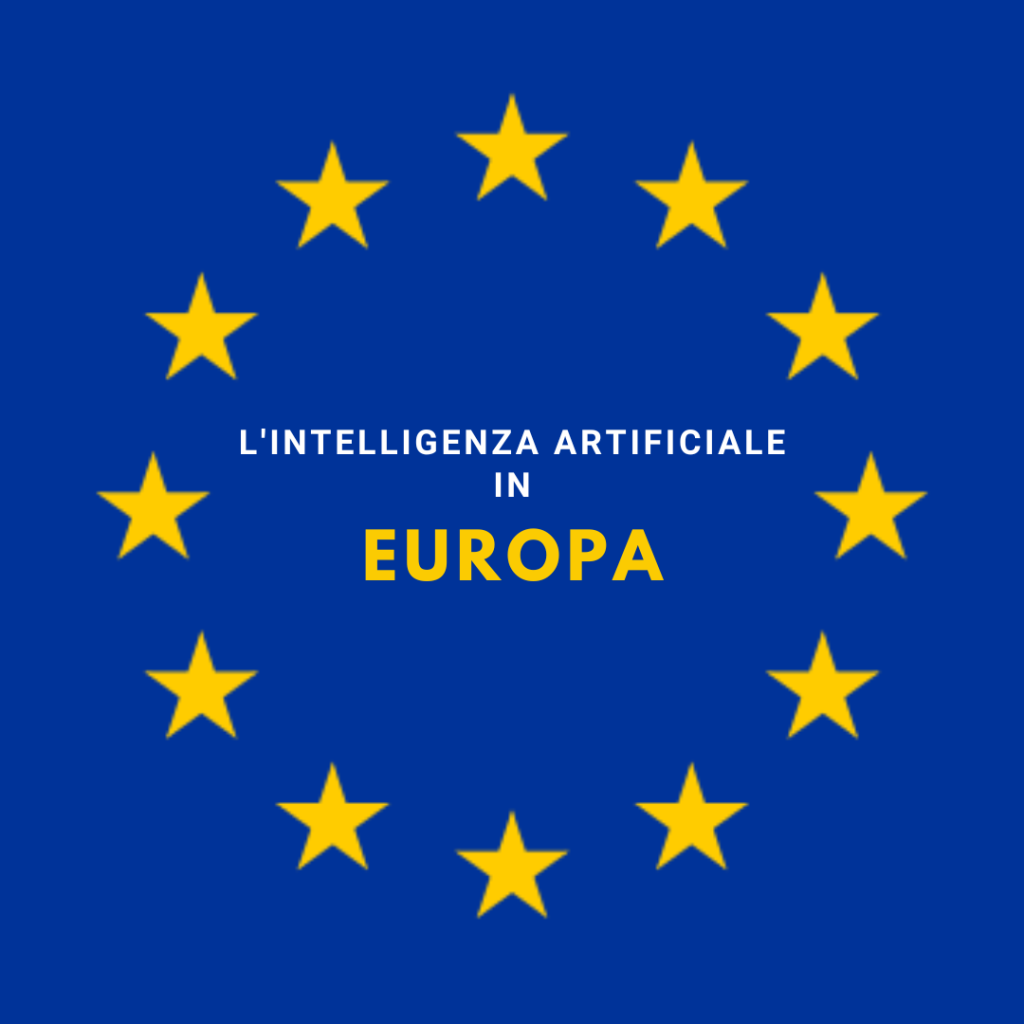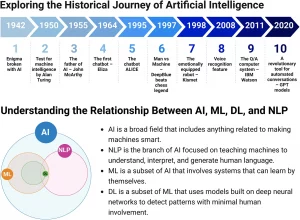Europe is at a crucial crossroads, in an era of profound transformations. Pressures on economic growth and competitiveness, exacerbated by an ageing population and slowing productivity, are putting a strain on the foundations of our social contract. In this context, artificial intelligence (AI) emerges not only as a powerful catalyst for economic progress, but also as a pillar of strategic autonomy. The global competition for the development and implementation of AI requires decisive action by Europe to define its role. The risk of being left behind is real, but the opportunity to lead with ambition and determination is still within reach.
The report “Ambitious Agenda for European AI”, published by General Catalyst in February 2025, underlines the urgency of acting ambitiously. AI offers Europe the chance to rewrite the rules of the game, leveraging its unique strengths. Despite the challenges, Europe has strong potential thanks to its research excellence, open-source culture, advanced engineering, specialised fields and cultural and linguistic diversity. These elements form a solid basis for the development of uniquely European AI solutions.
AI as a Productivity Multiplier
One of the main arguments in favor of adopting AI is its ability to overcome stagnant productivity. AI is able to automate both cognitive and physical tasks, allowing a “dissociation between productivity and work”. This means that productivity can increase without the need for a proportional increase in the workforce, allowing the reorganization of production and service chains and the reshoring of activities.
There are a number of key areas where AI can have a significant impact:
- Aerospace & Defense: AI can lead to decisive advances in decision-making and operational efficiency, with applications ranging from the development of advanced robotic platforms to satellite data analysis.
- Automotive: AI can transform manufacturing, supply chain, and the driving experience, with smarter, more personalized, and safer vehicles.
- Retail: AI can improve the customer experience, optimize the supply chain, and create innovative business models.
- Energy: AI can make energy production and distribution more efficient, facilitating the transition to renewable sources and reducing emissions.
- Financial Services: AI can improve the security, efficiency, and personalization of financial services, allowing for more sophisticated risk management and a better customer experience.
- Healthcare: AI can improve diagnosis, treatment and prevention, making healthcare services more accessible and personalised.
- Robotics: AI can improve the capabilities of robots, making them more autonomous, adaptable, and efficient in production and logistics.
- Shipping and Logistics: AI can optimize supply chain operations, improve visibility, and reduce costs and emissions.
- Telecommunications: AI can improve network performance, customer experience, and security, allowing for greater connectivity and resilience.
Collaboration and the Role of the Public Sector
Europe’s success in AI requires “radical collaboration” between technology companies, industry leaders, policymakers and investors. This collaboration is key to creating a strong and competitive European AI ecosystem, where resources and knowledge are shared. The public sector has a key role to play, not only as a lender but also as a “reference customer”.By purchasing AI solutions for its services at scale, the public sector can validate technologies, accelerate private sector adoption, and attract additional investment.
Policy Challenges and Recommendations
Despite the opportunities, Europe faces several challenges to realise its potential in AI. One of the main concerns concerns the regulatory framework. The AI Act, despite having a risk-based approach, has created market uncertainty due to the unclear categorization of risk. This uncertainty is leading companies to hesitate to adopt AI, with the risk of weakening Europe’s competitive position. To address this, it is crucial to simplify and harmonize regulations across the EU, providing clear and consistent guidance on compliance requirements.
Other major challenges include the lack of a standardized framework for data sharing, the need to attract and train AI talent, and the lack of adequate infrastructure, such as energy management, data centers, and access to GPUs.
Key policy recommendations include:
- Regulatory Harmonisation: Simplifying and harmonising technology laws across the EU, creating a clear and coherent regulatory framework for AI.
- Data Sharing: Create regulatory frameworks for secure data sharing, with a focus on industry-specific regulations.
- Talent Attraction: Simplify work permit procedures to attract the best AI talent globally, reducing dependencies on foreign ecosystems.
- Infrastructure Development: Enhance investments in critical infrastructure such as energy management, data centers, network connectivity, and GPU access.
- Public Understanding Campaign: Launch a communication campaign at European level to promote understanding of AI and develop the necessary skills.
L’Ecosistema Open-Source
The open-source AI ecosystem is a key driver for AI innovation and adoption in Europe. Companies like Mistral AI and Meta AI are releasing high-quality models with permissive licenses, allowing researchers and developers to experiment and build on existing solutions at an unprecedented rate. This approach fosters knowledge sharing and rapid innovation.
Europe has the potential to become a global leader in AI, but it needs to act decisively and quickly to make that vision a reality. The opportunities are enormous: AI can stimulate unprecedented economic growth, improve global competitiveness and strengthen Europe’s strategic resilience. However, achieving these goals requires continued commitment, unprecedented collaboration, and forward-looking policies. It’s time to turn ambition into action. Europe has the resources and talent to lead the AI revolution, but the time to act is now.









